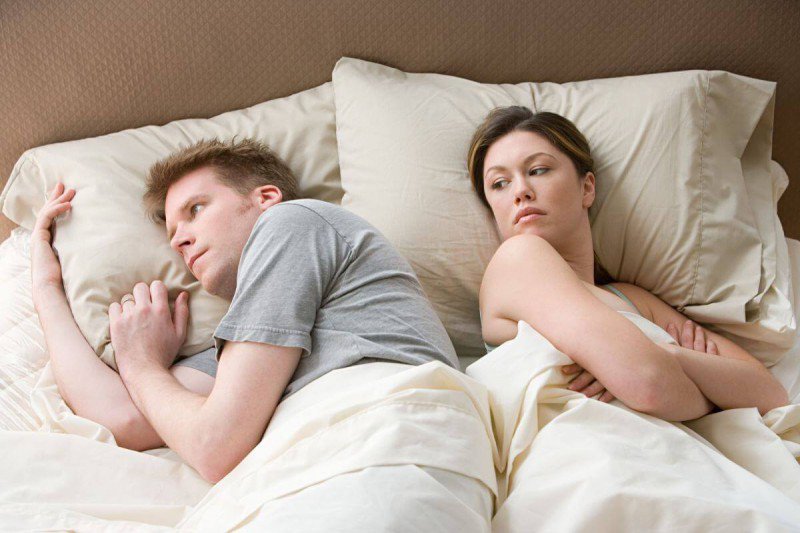Good sleep is incredibly important.It helps you feel good and makes your body and brain function properly.Some people have no problem falling asleep.Having trouble falling and staying asleep is not only frustrating, but it can also affect your mental and physical health.However, many others have severe difficulty falling and staying asleep through the night.Poor sleep can have negative effects on many parts of your body and brain, including learning, memory, mood, emotions and various biological functions.
Getting a good night’s sleep may seem like an impossible goal when you’re wide awake at 3 a.m., but you have much more control over the quality of your sleep than you probably realize. Just as how you feel during your waking hours often hinges on how well you sleep at night, so the cure for sleep difficulties can often be found in your daily routine.
Unhealthy daytime habits and lifestyle choices can leave you tossing and turning at night and adversely affect your mood, brain and heart health, immune system, creativity, vitality, and weight. But by experimenting with the following tips to find the ones that work best for you, you can enjoy better sleep at night, improve your mental and physical health, and improve how you think and feel during the day.
Here are some simple ways to fall asleep as fast as possible.
- Lower the Room Temperature
- Get on a Schedule
- Experience Both Daylight and Darkness
- Practice Yoga, Meditation and Mindfulness
- Do Not Look at Your Clock
- Avoid Naps During the Day
- Watch What and When You Eat
- Listen to Relaxing Music
- Exercise During The Day
- Get Comfortable
- Turn Off All Electronics
- Limit Caffeine and Drink a Soothing Beverage
- Adjust Your Sleep Position
- Read Something
- Focus on Trying to Stay Awake
- Visualize Things That Make You Happy
- Try Sleep-Enhancing Supplements
- Try to go to sleep and get up at the same time every day
- Avoid sleeping in—even on weekends
- Spend more time outside during daylight
- Say no to late-night television
- Avoid big meals at night
- Wind down and clear your head
- Aim for at least seven hours of sleep
- Take a hot shower or bath before bed
- Immerse your face in very cold water for 30 seconds
- Scent your bedroom with lavender
- Picture your favorite place
- Eat dinner by candlelight
- Practice progressive relaxation
- Commit yourself to one wakeup time
- Wean yourself off of the snooze button
- Evaluate your mattress
- Don’t eat right before bed
- Practice discipline on holiday
- If you break your sleep schedule, ease back in
- Stop exercising four hours before bed
- Rise and let the sun shine on you
- Get allergy covers for pillows and mattress
- Put away your electronics at bedtime
- Try tracking your sleep
- Silence your cell phone
- Wear a sleep mask
- Use the right pillow for your sleep position
- Curate a soothing music playlist to listen to at night
Sleeping well directly affects your mental and physical health and the quality of your waking life. Fall short and it can take a serious toll on your daytime energy, productivity, emotional balance, and even your weight. Yet many of us regularly toss and turn at night, struggling to get the sleep we need. There is a solution. Making simple but important changes to your daytime routine and bedtime habits can have a profound impact on how well you sleep, leaving you feeling mentally sharp, emotionally balanced, and full of energy all day long.
- Between your eyebrows, there is a small depression on the level of your brows, right above the nose. Apply gentle pressure to that point for a minute.
- Between your first and second toes, on top of the foot, there is a depression. Press that area for a few minutes until you feel a dull ache.
- Imagine that your foot has three sections, beginning at the tips of your toes and ending at the back of your heel. Find the distance one-third back from the tips of your toes and press on the sole of your foot for a few minutes.
- Massage both of your ears for a minute.
If anxiety or chronic worrying dominates your thoughts at night, there are steps you can take to learn how to stop worrying and look at life from a more positive perspective. Even counting sheep is more productive than worrying at bedtime.If the stress of work, family, or school is keeping you awake, you may need help with stress management. By learning how to manage your time effectively, handle stress in a productive way, and maintain a calm, positive outlook, you’ll be able to sleep better at night.
The more overstimulated your brain becomes during the day, the harder it can be slow down and unwind at night. During the day, many of us overstress our brains by constantly interrupting tasks to check our phones, emails, or social media. Try to set aside specific times for these things, and focus on one task at a time. When it comes to getting to sleep at night, your brain won’t be accustomed to seeking fresh stimulation and you’ll be better able to unwind.
